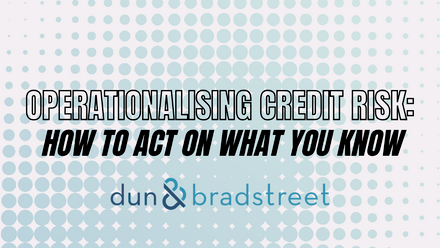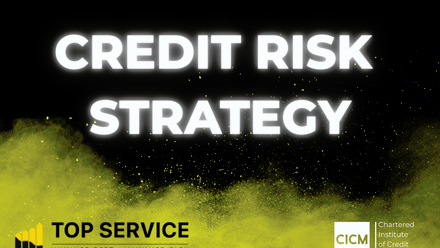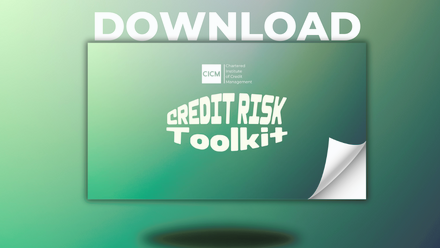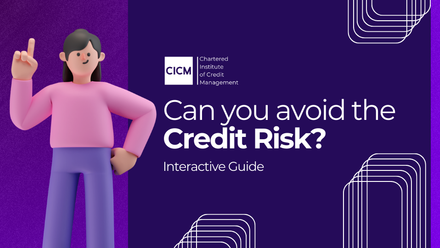What makes the perfect credit risk analyst?
Every business that grants credit faces the same question – how can we be confident that the trust placed in our customers is well-founded? This is important because, if we get it wrong, we can expect eroded profits caused by late and non-payment events that follow. Enter the credit risk analyst, the first line of defence against bad debt.
What is a Credit Risk Analyst?
We know that a credit risk analyst plays an important role in safeguarding the organisation from potential financial losses, and they achieve this through carefully vetting and assessing both new and existing customers to provide end-to-end protection. As an overview, the role involves:
-
Assessing market risk: before examining customer variables, a credit risk analyst uses their commercial acumen to consider the features of the customer’s market.
-
Analysing customer data: This includes reviewing financial statements, credit reports, and established payment history for existing customers.
-
Developing credit scoring models: These models use statistical analysis to assess the creditworthiness of potential customers and are used extensively in B2C markets.
-
Recommending credit decisions: Based on their analysis, credit risk analysts recommend whether to approve, reject, or modify requests to extend credit.
-
Monitoring existing exposure: They keep a watchful eye on customer creditworthiness and make recommendations in response to changes in the perceived level of risk.
(For a deeper understanding of credit risk, refer to our previous blog: Understanding Credit Risk)
Why is a Credit Risk Analyst Important?
Credit risk analysts are the gatekeepers of financial stability. Their expertise ensures:
-
Reduced financial risk: By carefully assessing potential and existing customers, they minimise the instances of late and non-payment, protecting both the organisation and the overall financial system.
-
Informed lending decisions: Their analysis provides valuable insights for making sound credit and lending decisions, fostering responsible and sustainable credit practices.
-
Improved financial inclusion: By creating effective credit scoring models, they can help expand access to credit for deserving borrowers who may have been previously overlooked.
(Learn valuable strategies to mitigate credit risk in our previous blog: 5 steps to effectively mitigate credit risk: link to previous blog post on mitigating credit risk)
The Essential Skills of a Credit Risk Analyst
Now we know what a credit risk analyst does and what’s involved in carrying out the role, it’s worth looking at the typical skills and attributes that are needed to excel:
-
Technical knowledge: the credit risk analyst must have a strong understanding of the technical aspects of the role, including product knowledge and the application of risk assessment methods.
-
Analytical skills: The ability to interpret financial and non-financial data, identify trends, and draw well-reasoned conclusions from complex information is crucial.
-
Problem-solving skills: Credit risk analysts must be adept at identifying potential issues and developing practical solutions.
-
Communication skills: The ability to effectively communicate and justify decisions and reasoning to both internal and external audiences is important.
-
Commercial awareness: Understanding the broader economic and business climate is vital for making informed credit decisions.
-
Ethical conduct: Maintaining the highest ethical standards and adhering to regulatory guidelines is paramount in this critical role.
This is only a brief outline of what’s involved in the role of a credit risk analyst. It’s a challenging but rewarding area and one that remains very much in demand as businesses continue to need the expertise to help them navigate challenging conditions.
If this area interests you, why not find out more about best practice skills to assess credit risk by signing up to one of the Chartered Institute of Credit Management’s upcoming training events, led by experienced subject matter experts?






